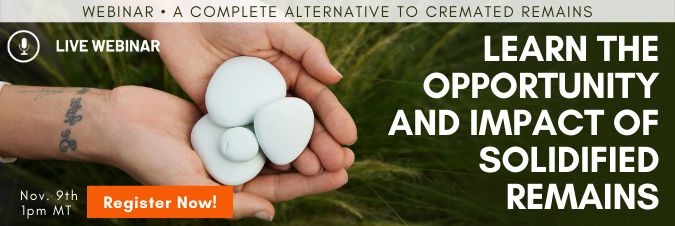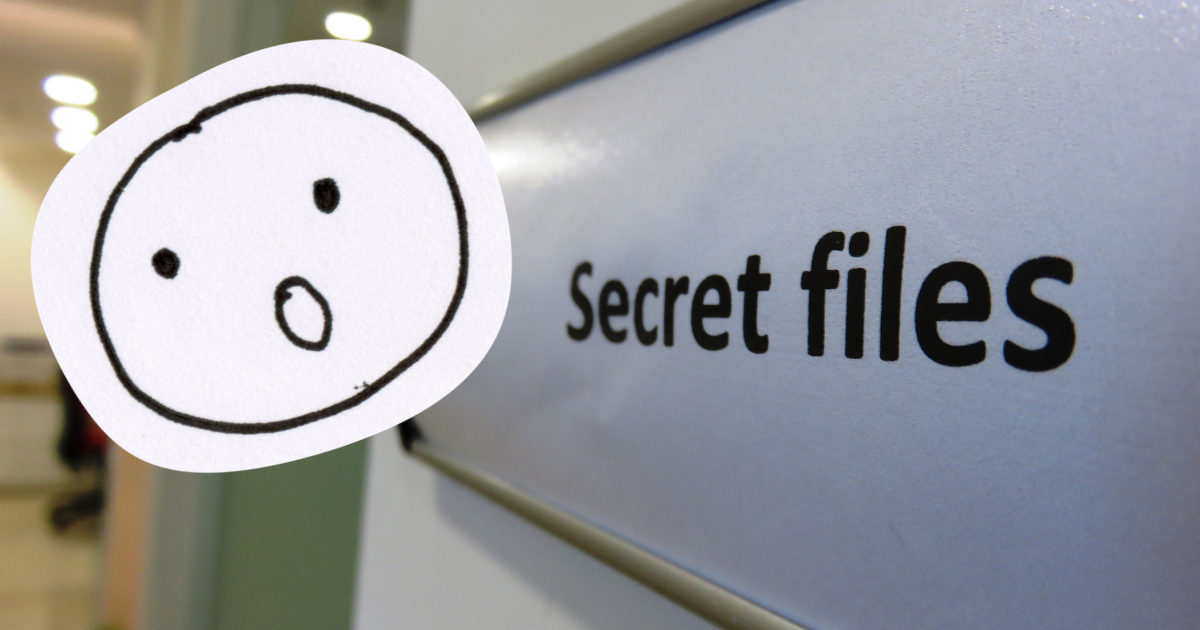Strengthening Cremation Services in the Experience Economy
History shows us that funeral rituals were never just for burial families, and with the rapidly evolving deathcare space we are seeing today, there are new opportunities for meaningful services before, during, and after the cremation process. To best help families build personalized and meaningful cremation experiences, funeral professionals should understand the economic landscape we are navigating today.
One prominent business theory is that we have entered an “experience economy” in which consumers value experiences over simple products and services. Even the keynote speaker at the 2021 NFDA convention last week touched on the fact that today’s consumers across markets are looking for experiences, not products. Understanding how to cultivate value in deathcare services by creating meaningful experiences for families will keep your funeral home on the economic cutting edge and grow your business in today’s experience economy.
The Experience Economy
The economy of the 21st century is all about creating and selling experiences. From restaurants where the servers are intentionally rude to the customers to brewery tours with amusement park-style rides, consumers today are looking for fully immersive experiences rather than standard goods and basic services. This article from Harvard Business Review about the modern economic era of the experience economy explains that,
“Economists have typically lumped experiences in with services, but experiences are a distinct economic offering, as different from services as services are from goods. Today we can identify and describe this fourth economic offering because consumers unquestionably desire experiences, and more and more businesses are responding by explicitly designing and promoting them. As services, like goods before them, increasingly become commoditized—think of long-distance telephone services sold solely on price—experiences have emerged as the next step in what we call the progression of economic value[…] An experience occurs when a company intentionally uses services as the stage, and goods as props, to engage individual customers in a way that creates a memorable event.”
In deathcare, especially when it comes to cremation services, it’s important for funeral professionals to cultivate perceived value around the services that they provide. Historically, cremation has been perceived as less valuable due to cheaper prices and a severe lack of experiences and rituals that go along with direct cremations. However, by putting rituals and experiences forward, like we often do with burial, the “perceived benefits” for the family begin to shift.

Need some ideas on helping your cremation families create meaningful rituals to enhance their cremation experiences? Click below to download a free ebook of Contemporary Cremation Rituals:
This shift towards more options, services, and rituals that go along with cremation changes the “perceived value” and reframes how families will make their purchasing decisions. This article from Air Call explains,
“A customer buys a product for the perceived benefit he will gain from it. This perceived benefit, in addition to his opinion of the product, is what creates customer perceived value […] Perceived product benefits exist on three levels: physical, logical, emotional. For example, buying a new suit will help you stay warm (physical), land the new job for which you are interviewing (logical), and save you from the embarrassment of walking around naked (emotional). Perceived costs include money, time, and labor. When comparing the difference between perceived benefit and perceived cost, if the difference is positive, customer perceived value is high, meaning customers will buy a product or service.”
It’s up to funeral directors to design creative ways to build both real and perceived value into the experiences that we offer along with cremation services. Helping families create rich and meaningful experiences around cremation is a great place to start. To download a free ebook of clever ideas for personalizing the cremation experience for families, click the button below:
The Value of Experiences in Deathcare
Justin Crowe, founder and CEO of Parting Stone, a start-up offering solidified remains, explains why deathcare is the perfect profession to embrace the experience economy idea: “I think service is really one of the only things you can compete on in funeral care. This isn’t a new philosophy, it is the experience economy. The funeral industry is the perfect profession to follow those principles and focus on the experience you’re giving those families – we’ve done it for over 100 years with burial and somehow forgot about it when cremation snuck up on us. Just like selling burial, experience is what you can compete on and that is where your value is going to be.”
Today’s death planners are looking for more personalized experiences when memorializing their loved one, instead of just run-of-the-mill products, and funeral professionals can use this knowledge to build holistic death experiences that include meaningful rituals for cremation families.
To learn more about how Parting Stone can provide a canvas for experiences and ritual options to your cremation families, sign up for their upcoming webinar by clicking below:
The services that your funeral home offers to families can be expanded to build intrinsic value into cremation by focusing on creating encompassing experiences before, during, and after the cremation occurs. Offering experiences that include opportunities for grief rituals, personalized options, and experiential approaches to grieving are important aspects of serving families in today’s experience economy.





